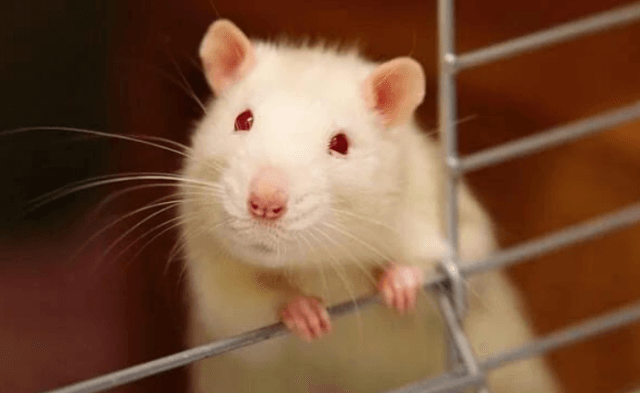The tragic death of Prince earlier this year not only left millions of fans mourning the passing of a noted artist but also serves as a vivid reminder of the importance of having an estate plan.
If it holds that Prince did, in fact, die without an estate plan—such as a will or trust—he won’t be alone in not having made proper preparations for his loved ones and the causes important to him. Studies show that more than half of Americans don’t have an adequate estate plan in place. When people die without an estate plan, distribution of their assets is dictated by state law, without taking their wishes into account. Isn’t it important to you that your money and other assets speak for your beliefs—that they represent your core values, including a desire to help animals?
It’s National Estate Planning Awareness Week—so it’s a great time to visit PETA’s website to learn how to leave a legacy for animals. The following seven steps can help you develop an estate plan that will give you a sense of inner peace and accomplishment right now:
- Inventory your assets.
Your assets include everything of monetary and/or emotional value: bank accounts, investment accounts, IRAs, life insurance, houses, cars, art and jewelry collections, and so on. This task may sound daunting, but for many people, it’s actually very simple. You need not detail everything you own—only the items that you want to leave to a particular person or cause. (For all other items, you can simply write, “All other contents of my house [or apartment] ….”) It will help in what follows to write down, for each asset, what the current paperwork provides for—for example, IRAs and life insurance already have assigned beneficiaries.
- Define your goals.
What is it that you want to accomplish? There may be people you want or need to provide income for. Perhaps you need income for yourself until you pass on. What nonprofit groups do you want to support? This may be your chance to make the biggest difference for these organizations, because the resources available after you’re gone—either part or all of your accumulated savings—are usually far greater than what you can afford to contribute during your lifetime.
- Create your legacy.
Consider the pieces that need to be in place to achieve your long-term vision: How do you make your assets work to accomplish your goals? There are many ways to do this—wills, trusts, beneficiary assignments, and charitable gift annuities are some of the most popular. Click here for a nifty way to figure out what might work best for your situation.
To leave the most for animals, it’s important to consider how taxes will affect your possible plans. For example, when IRAs are cashed out, the recipients owe income taxes on what they inherit, and estate taxes can also be an issue. However, no taxes are taken out if PETA or other 501(c)(3) charities are the direct beneficiaries. Many other assets—including investment or bank accounts as well as houses—can be left to either a charity or the people you want to provide for without any income taxes. So efficient planning can make a big difference in achieving your goals.
- Plan for your animal companions.
We’re counting this as a separate step, because our animal companions deserve special attention. If you have animals, please take the time to make sure that they’ll be taken care of if you become incapacitated. There are two parts to an adequate plan: establishing who will take over immediate care and who will get lifelong guardianship. It’s important that these people know that you have animals and that they have access to them as well as instructions for special care if necessary. Otherwise, your beloved animal companions could face many lonely days should you become unable to care for them. Beyond the immediate response, plans should be in place to provide them with continuing compassionate care. Click here for more information.
- Complete your paperwork.
You’ve already done the heavy lifting—now, you just need to get your documents in order and sign on the dotted lines. We strongly recommend that you seek qualified counsel for this part, such as an estate attorney who canwork with your financial advisers if your situation is complex. Even if you use a packaged program for drafting documents, please have a lawyer look them over to make sure that they’ll actually accomplish your goals. If you’ve done your homework on the above steps, you’ll minimize legal time and expenses. Then, kick back and congratulate yourself on a major accomplishment: You’ll be saving animals for generations to come!
- Monitor and revise.
Of course, times change. Tax laws come and go, people and animals come and go, and assets accumulate in different ways. Marriages, divorces, births, deaths, and moves to a different state are all good reasons to review your paperwork and make sure that it still adequately addresses your goals for all your assets. Many people find it useful to do a quick review every year, just to be safe.
- Let us know if PETA is in your plans!
A significant portion of PETA’s lifesaving work to help animals is funded by bequests and other legacy gifts, making these an important source of revenue for the organization. If you do make the commitment to help fund PETA’s work for animals, you’ll be welcomed into our Augustus Club. It’s a great way to keep in touch with both PETA and other like-minded people.






